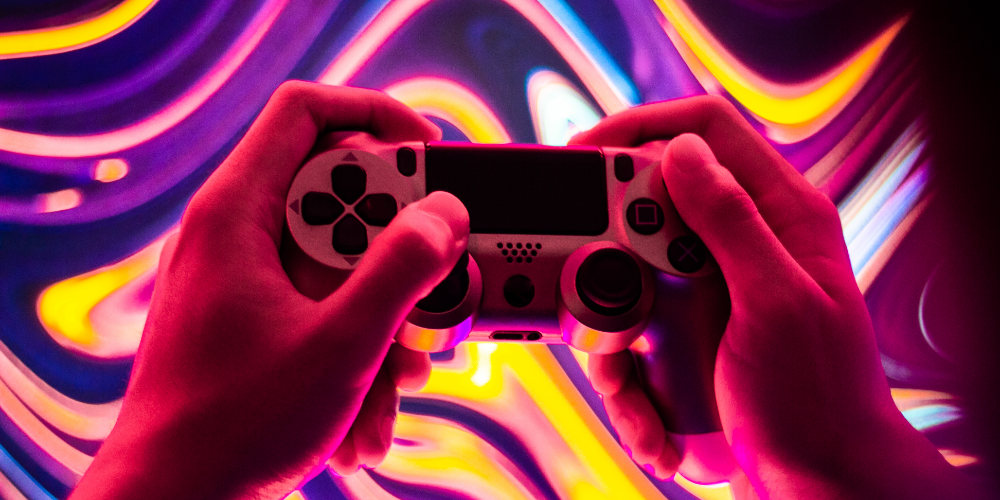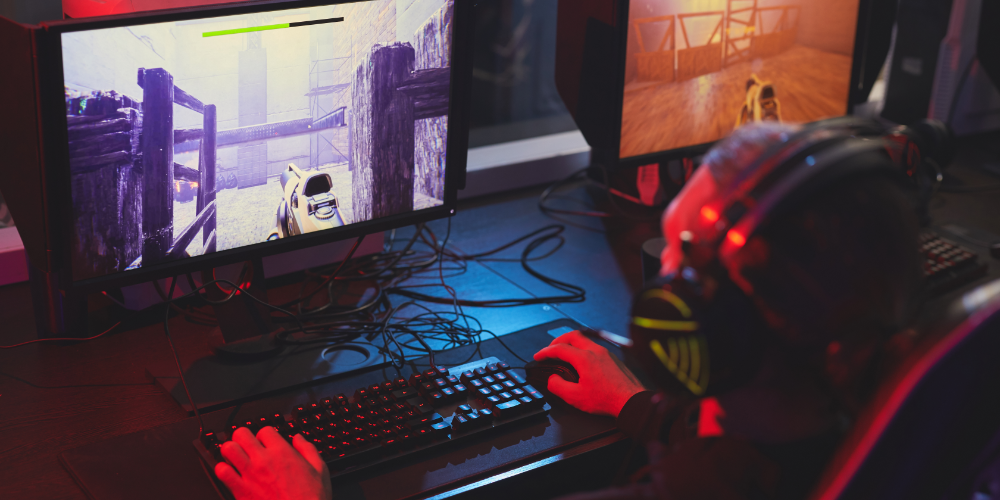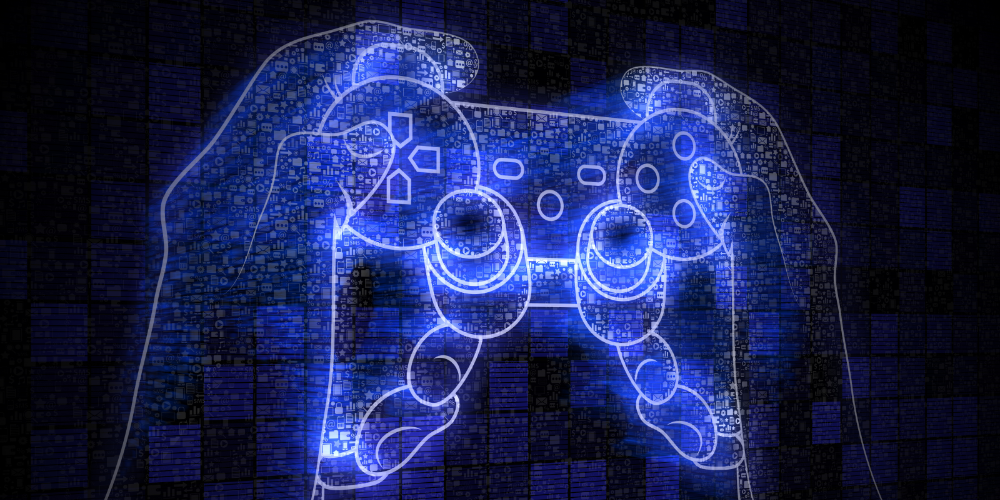Getting Started with Game Development: Essential Tools and Software
- 2024-03-05 20:20

Embarking on a journey into game development can be as exciting as it is daunting for beginners. With the video game industry booming, the prospect of creating your own game has never been more accessible. However, knowing where to start, what tools to use, and understanding the basics of game development are crucial first steps. This article covers essential tools and software for beginners, expanding into a realm where creativity meets technology. Whether you're looking to develop a simple mobile game or aim for an elaborate console project, these tools form the foundation of what you will need to bring your digital dreams to life.
1. Choosing the Right Game Engine
Unity
Unity is a versatile game engine that supports 2D and 3D game development. It's known for its user-friendly interface and robust community support, making it a good choice for beginners. Unity uses C# for scripting, which is relatively straightforward to learn for those new to programming. Besides, the Unity Asset Store offers an array of assets that can help speed up the development process.
Unreal Engine
For those who are more visually inclined, it provides a compelling alternative. Renowned for its powerful graphics capabilities, Unreal Engine is the behind-the-scenes powerhouse of many AAA games. It uses the programming language C++ and offers Blueprint, a visual scripting system that lets developers construct game logic without writing code. Unreal Engine is particularly recommended for developers aiming to create high-fidelity games with immersive experiences.
2. Graphic Design Software

Adobe Photoshop
Creating stunning visuals is crucial in game development, and Adobe Photoshop remains a gold standard for graphic design. Whether you're designing intricate characters, vibrant environments, or UI elements, Photoshop's wide range of tools caters to all types of digital art. Its layering system, blending options, and vast plugin support make it an essential tool for game developers focused on detail-oriented graphics.
Blender
When it comes to 3D modeling, Blender stands out not just for its comprehensive features but also for being entirely free. Blender supports the entire 3D pipeline—modeling, rigging, animation, simulation, rendering, compositing, and motion tracking. With recent updates improving its user interface and functionality, Blender has become increasingly popular among indie developers and professionals alike.
3. Audio Editing Software
Audacity
Sound effects and music are pivotal in creating an immersive game experience. Audacity is a free audio editing software that proves invaluable for beginners. It provides a comprehensive set of tools for recording, editing, and mixing audio. Whether it's the background score or sound effects for actions, Audacity's straightforward interface allows developers to add depth to their games through sound.
FL Studio

If you're looking to compose original music or professional-grade soundtracks for your game, FL Studio might be your go-to software. Catering to both beginners and professionals, FL Studio comes with an array of instruments, mixers, and pre-sets to facilitate the music production process. It's also equipped with powerful editing features for precise sound design.
4. Version Control Systems
Git with GitHub or Bitbucket
Developing a game is a complex process that often involves multiple people collaborating on the same project. It allows developers to manage changes to the project, ensuring that everyone is working without overriding each other's contributions.
5. Project Management Tools
Trello
Keeping track of tasks and milestones is essential for a smoothly running project. Trello offers a visual platform for project management that's both simple and effective. With its card-based system, teams can easily organize tasks, set deadlines, and assign responsibilities. Trello's flexibility makes it suitable for managing both the broad aspects of game development and the minutiae of daily tasks.
Jira

For a more comprehensive project management solution, Jira provides detailed task tracking and sprint planning tools tailored for software development projects. Jira allows teams to customize workflows, track bugs, and view progress reports, making it ideal for larger projects with specific development methodologies like Agile.
6. Game Development Blogs and Resources
Beyond the tangible tools and software, staying informed and inspired is crucial in the ever-evolving field of game development. Many established developers and industry professionals share their insights through blogs and online resources. Websites like Gamasutra, Game Developer, and Unity Learn offer a wealth of articles and case studies on various aspects of game design and development. Engaging with these resources can provide valuable learning opportunities and inspiration for your projects.
Conclusion
Starting a career in game development is an adventure filled with challenges and rewards. The key to a journey lies in choosing the right set of tools and continuously learning and adapting. The tools and software mentioned there provide a foundation from which to explore and develop your games. Remember, the best tool is the one that fits your project needs and personal workflow. As you grow in your game development journey, don't hesitate to experiment with different tools and keep an eye out for new innovations in the field. The world of game development is constantly evolving, and with the right approach, you can turn your creative visions into engaging and enjoyable experiences for players around the globe.


